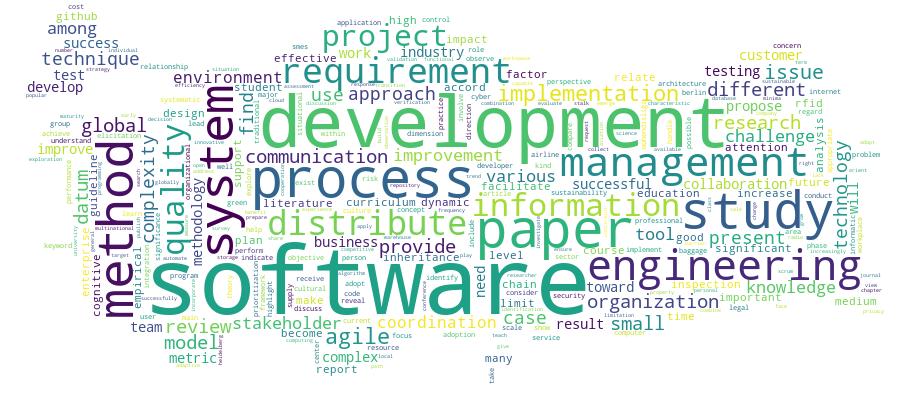Mıshra, Deepti
Loading...

Profile URL
Name Variants
Deepti, Mıshra
Deepti, Mishra
M.,Deepti
M., Deepti
Mishra,D.
D.,Mıshra
Mishra, Deepti
Mıshra, Deepti
Mıshra,D.
D.,Mishra
D., Mishra
Mıshra, Deeptı
Mishra, D
Deepti, Mishra
M.,Deepti
M., Deepti
Mishra,D.
D.,Mıshra
Mishra, Deepti
Mıshra, Deepti
Mıshra,D.
D.,Mishra
D., Mishra
Mıshra, Deeptı
Mishra, D
Job Title
Doktor Öğretim Üyesi
Email Address
Main Affiliation
Computer Engineering
Status
Former Staff
Website
ORCID ID
Scopus Author ID
Turkish CoHE Profile ID
Google Scholar ID
WoS Researcher ID
Sustainable Development Goals
2
ZERO HUNGER

0
Research Products
11
SUSTAINABLE CITIES AND COMMUNITIES

0
Research Products
14
LIFE BELOW WATER

4
Research Products
6
CLEAN WATER AND SANITATION

0
Research Products
1
NO POVERTY

0
Research Products
5
GENDER EQUALITY

1
Research Products
9
INDUSTRY, INNOVATION AND INFRASTRUCTURE

2
Research Products
16
PEACE, JUSTICE AND STRONG INSTITUTIONS

3
Research Products
17
PARTNERSHIPS FOR THE GOALS

1
Research Products
15
LIFE ON LAND

0
Research Products
10
REDUCED INEQUALITIES

0
Research Products
7
AFFORDABLE AND CLEAN ENERGY

0
Research Products
8
DECENT WORK AND ECONOMIC GROWTH

0
Research Products
4
QUALITY EDUCATION

4
Research Products
12
RESPONSIBLE CONSUMPTION AND PRODUCTION

3
Research Products
3
GOOD HEALTH AND WELL-BEING

8
Research Products
13
CLIMATE ACTION

4
Research Products

This researcher does not have a Scopus ID.

This researcher does not have a WoS ID.

Scholarly Output
101
Articles
41
Views / Downloads
299/547
Supervised MSc Theses
4
Supervised PhD Theses
1
WoS Citation Count
862
Scopus Citation Count
1291
WoS h-index
15
Scopus h-index
17
Patents
0
Projects
0
WoS Citations per Publication
8.53
Scopus Citations per Publication
12.78
Open Access Source
13
Supervised Theses
5
Google Analytics Visitor Traffic
| Journal | Count |
|---|---|
| Acta Polytechnica Hungarica | 4 |
| Journal of Universal Computer Science | 3 |
| Computer Standards & Interfaces | 3 |
| Confederated International Workshops and Posters: EI2N plus NSF ICE, ICSP plus INBAST, ISDE, ORM, OTMA, SWWS plus MONET plus SeDeS, and VADER -- OCT 17-21, 2011 -- Hersonissos, GREECE | 3 |
| Tehnicki Vjesnik | 3 |
Current Page: 1 / 14
Competency Cloud


